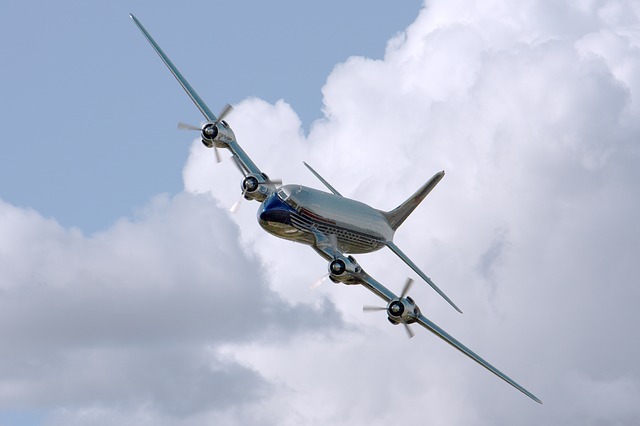Jet lag, also referred to as time zone change syndrome, is a physiological condition that occurs when people travel through multiple time zones or when their sleep-wake patterns are disturbed, for instance, because of shift work. The condition can cause temporary issues such as headaches, insomnia, and irritability.
Most travellers want to make the most of their limited time overseas, and beating jet lag is the first step in ensuring that this happens. Unfortunately, it can take a person a few days to a few weeks to adjust to a new time zone. It’s true that we can’t avoid time zone change syndrome, but there are several steps (before, during, and after a trip) we can take to minimize its symptoms. In this post, we’ll discuss some of these steps.
Pre-flight
Adjust Your Sleep Routine Before Travel
In the days (2-3) leading up to your flight, try gradually altering your sleep routine so that you are more closely aligned with your destination’s time zone. If you’re flying east, schedule your bedtime earlier than usual – maybe one hour prior to your normal bedtime. On westward trips, go to bed one hour later than usual.
Get Enough Sleep Before You Fly
Getting enough sleep the night before a long flight is the most important thing you can do to limit the symptoms of time zone change syndrome. Staying up late before a long-distance flight can make you more tired during and after the trip.
Avoid Alcohol and Caffeinated Drinks
Most people assume that having a pre-flight gin and tonic or an in-flight cocktail can help them fall asleep faster. This assumption is wrong. Alcohol causes dehydration which is the major cause of jet lag. Additionally, alcohol drives up the body temperature, which can make it difficult to have a good sleep during your trip.
Caffeinated drinks, on the other hand, stay in the system for several hours after consumption. This can make it hard for you to fall asleep on the plane.
In-flight
Stay Hydrated
Dehydration, one of the unfortunate side effect of aeroplane travel, can make the symptoms of time zone change syndrome worse. Therefore, drink lots of water during your flight to counteract the dehydrating effects of aeroplane travel.
Use the Flight to Rest
Long-haul flights can be extremely tiring. Therefore, the more rest you get en route, the more prepared you will be to deal with the issues often associated with time zone change syndrome. Eye masks, earplugs, and headphones can help block out noise and light. If it is daytime at your destination, resist the urge to fall asleep.
Upon Arrival
On Arrival, Throw Yourself into The Local Time Zone
Once you get to your destination, try adjusting to the local time quickly. No matter how tired you may feel, don’t retire to bed until local bedtime hours. If you retire to bed too early, you are more likely to wake up in the middle of the night, making it difficult for your body to adjust to the new time zone.
If You’re Exhausted, A Short Nap Might Help
Don’t torture yourself if you are exhausted. Just take a nap, as long as it’s a short one, and you’re taking it before 4 PM. Napping for more than an hour or after 4 PM will leave you more exhausted and can interfere with the quality of your sleep when you retire to bed at night.
Time zone change syndrome doesn’t have to ruin your trip. Adjusting your sleep routine before travel, leaving home well rested, staying hydrated, and staying awake until it’s bedtime in your destination will all help you deal with the symptoms of this condition.
I’m a 20-something stay-at-home mother and wife. I have an amazing husband, a beautiful daughter, two loving dogs, and a lazy cat. I wouldn’t change my life for anything! I love to read, listen to music, cook and blog!


Speak Your Mind